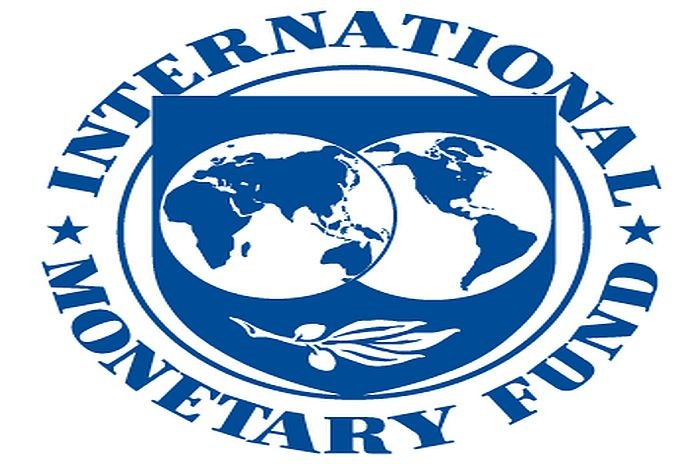-
-
- Deputy Managing Director Kenji Okamura at the Twelfth IMF-Japan High-Level Tax Conference for Asian Countries
-
By Kenji Okamura
Global Outlook
This year, the conference takes place against the slowdown of the world economy. Simultaneous economic, geopolitical, and ecological shocks have driven the global economy into turbulent waters again.
Inflation has reached levels not seen in decades, squeezing household budgets and mounting pressure on central banks to accelerate monetary policy normalization.
Russia’s war in Ukraine and other security issues provoke geopolitical dislocations. This also risks fragmenting global trade networks.
While the COVID-19 pandemic’s most acute phase seems over, local and regional outbreaks may continue to disrupt economic activity.
Natural disasters linked to climate change are exerting an increasingly heavy human and economic toll.

Policy priorities
The primary macroeconomic policy priority against this economic situation is to bring inflation and inflation expectations under control. Taming inflation will come at a cost though, in terms of slower growth and less employment in the near term. The appropriate path of anti-inflation policies is country-specific.
At the same time, a global tightening cycle can have repercussions for emerging market and developing economies, especially those with elevated external debt levels and other balance sheet vulnerabilities.
During the recent Annual Meetings, the IMF provided a number of recommendations on how fiscal policies should be calibrated to help address these issues.
These included:
- Fiscal policy should focus on protecting the vulnerable. Targeted cash transfers to those particularly exposed to higher energy and food prices are called for.
- By contrast, broad price caps or food and energy subsidies should be avoided, as they remove incentives to adjust behaviour and thus reduce the necessary adjustments to demand and supply.
- In most cases, new spending should be offset by savings elsewhere to limit the fiscal impact on inflation and debt levels. Reforms that increase revenue-generating capacity -such as broadening tax bases and enforcing better compliance are also critical.
The IMF has been supporting countries in their efforts to strengthen revenue mobilization for many years Gaspar will speak more to this in the next session.
International taxation
Finally, I would like to highlight the importance of international taxation, which is just one of the many interesting issues on the agenda for the next two days.
International taxation has been an important focus of policy debates recently, as countries have tried to create a system fit for purpose for the highly-digitalized economies of the 21st century. In this regard, the Two Pillar Solution agreed in October 2021 is historic.
The IMF supports this solution. This type of multilateral approach is the only way to ensure that highly profitable, multinational firms pay both sufficient tax and pay it to countries where they have significant engagement, including in emerging market and developing countries.
Conclusion
To conclude, in this challenging economic environment, appropriate policies will vary across the region. But with many countries needing to increase domestic revenue mobilization, the role of those responsible for tax policy formulation and administration, like yourselves, is getting more important.
This event provides a helpful platform for tax officials in the Asian region to share experiences and deepen our collaboration on common challenges.
IMF Communications Department





